- Home
- Destinations
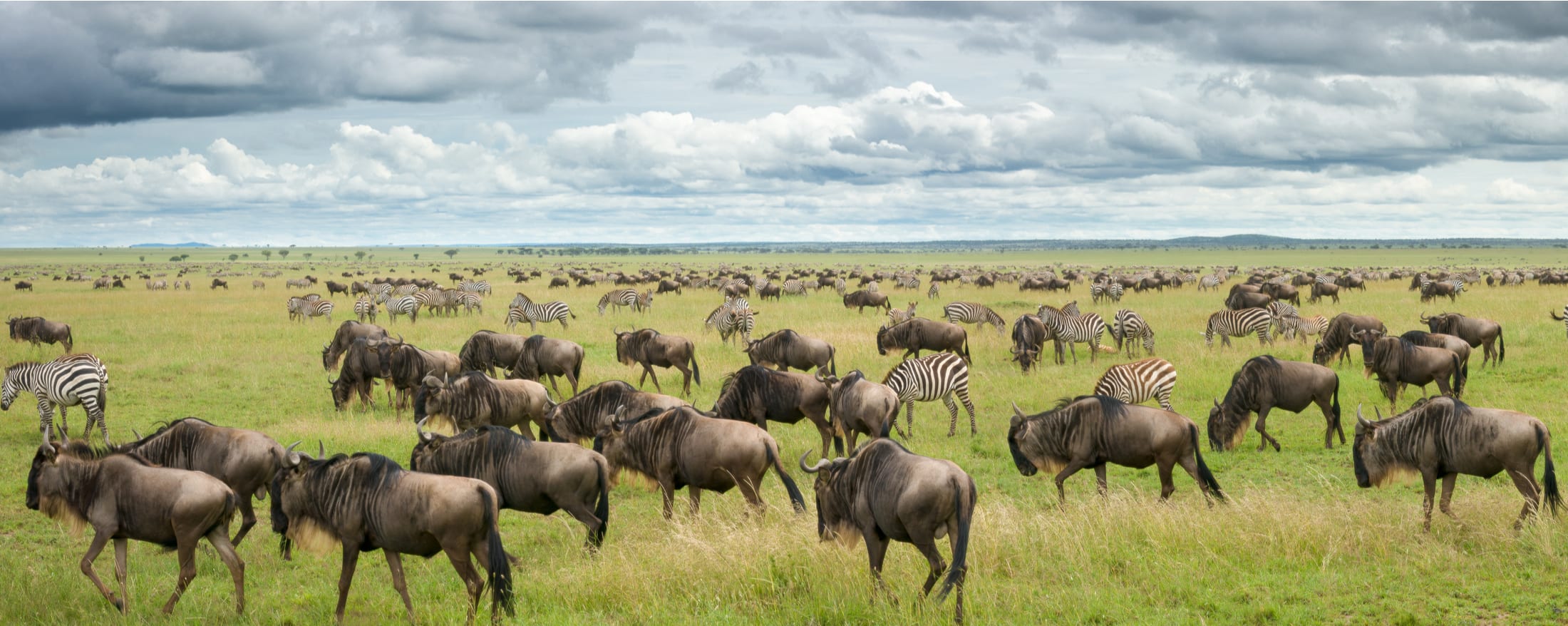
Serengeti National Park
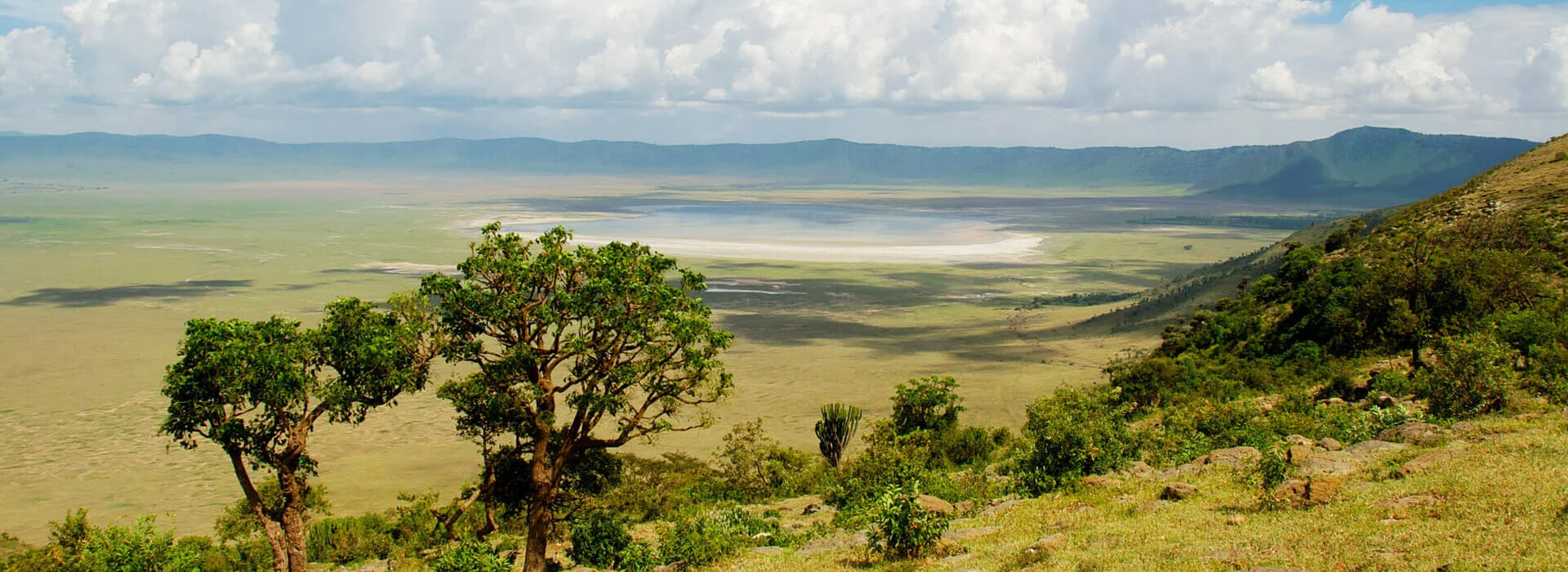
Ngorongoro Crater
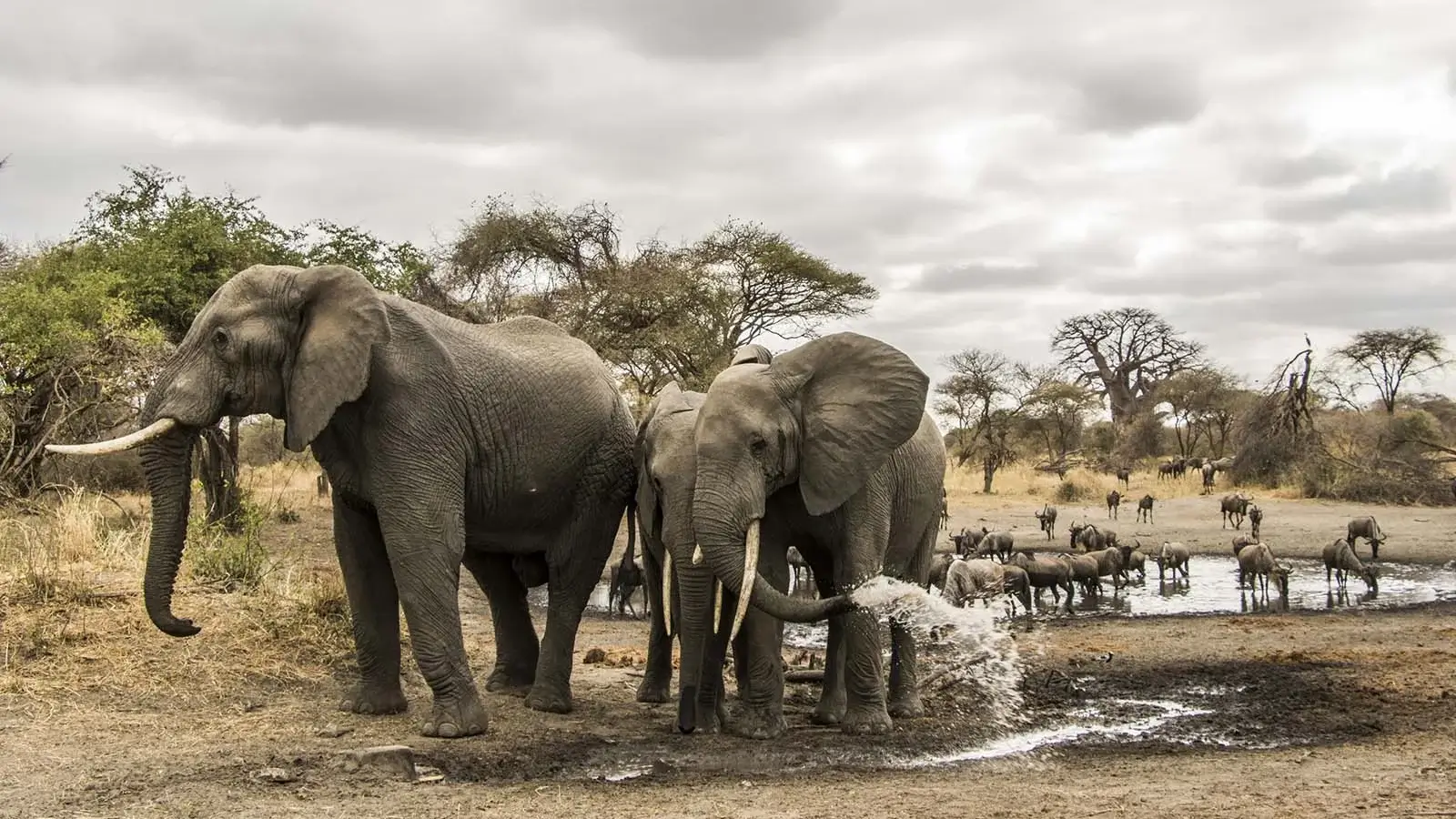
Tarangire National Park
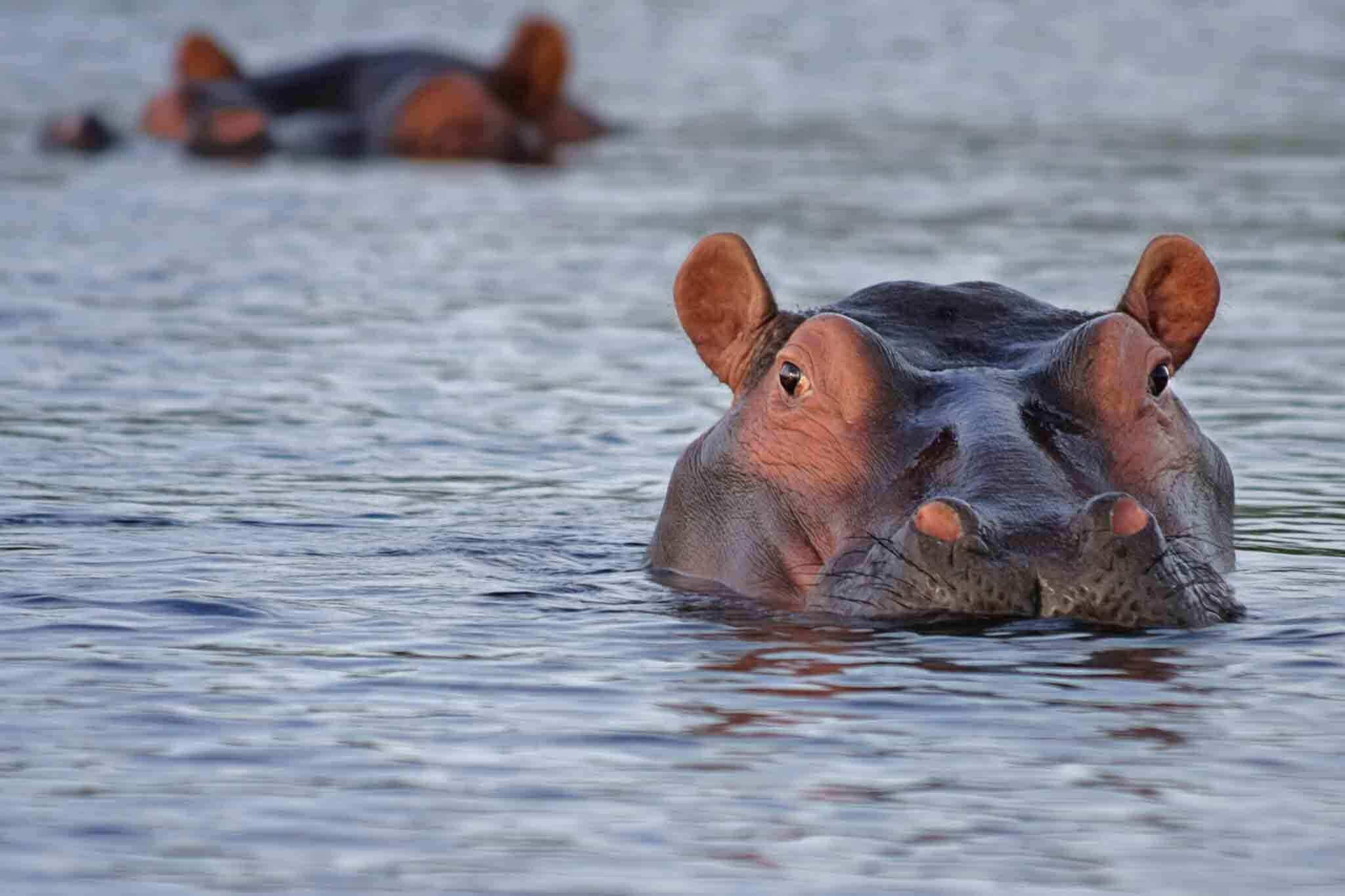
Lake Manyara National Park
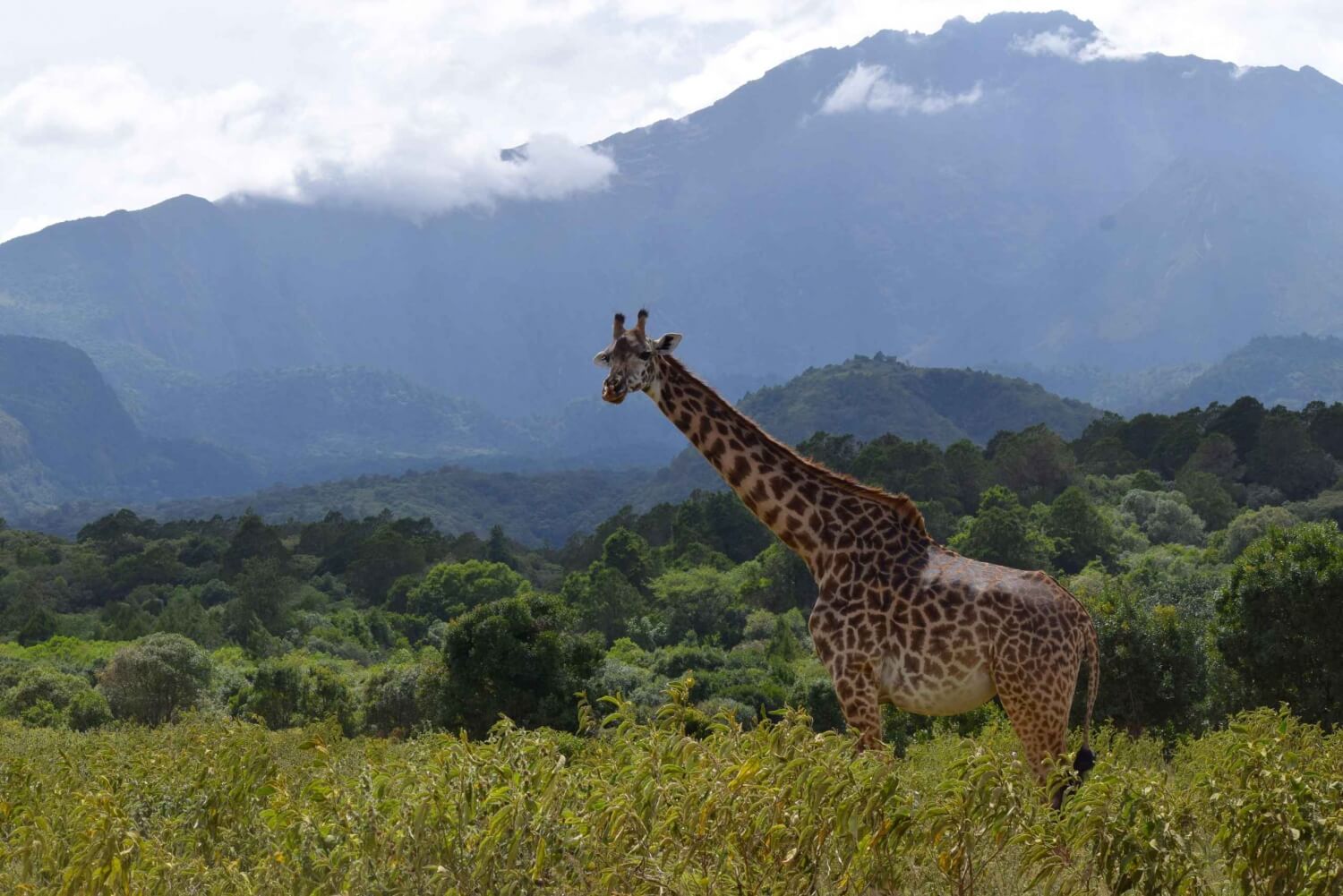
Arusha National Park

Zanzibar Island
- Safaris

3 Days Serengeti and Lake Manyara

5 Days Wildlife Tanzania Safari
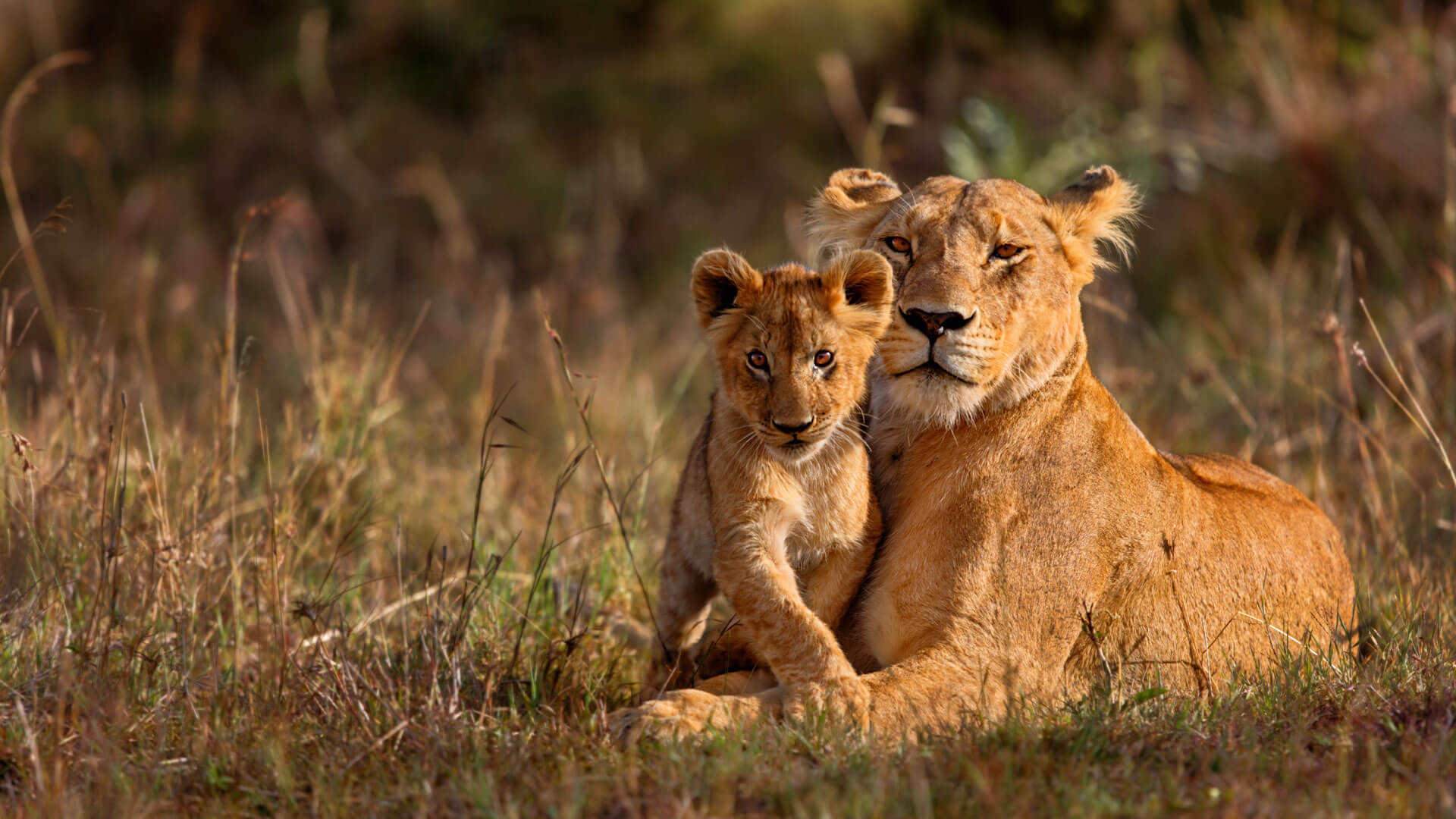
6 Days Tanzania
Safaris
12 Days Tanzania Safaris & Migration
- Trekking

Mountain Kilimanjaro
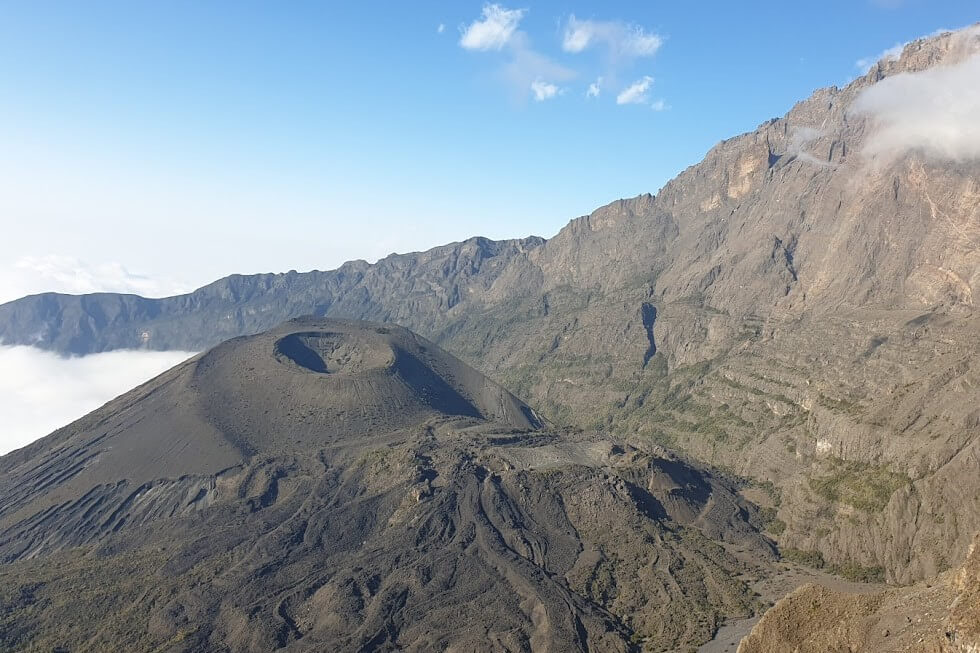
Mount Meru
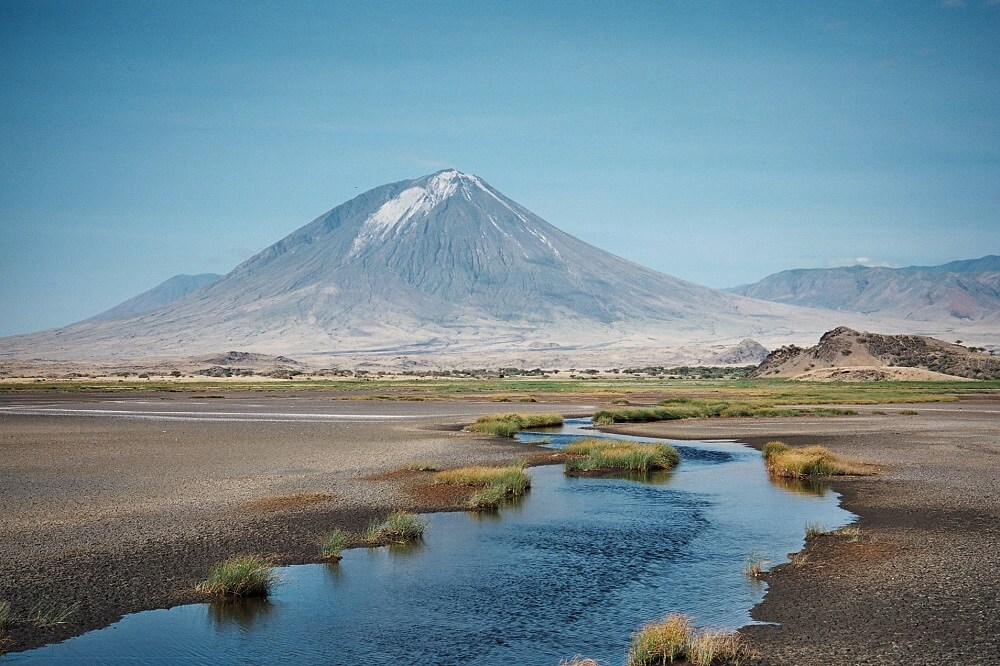
Oldonyo Lengai

Udzungwa Mountain
- Cultural Tours
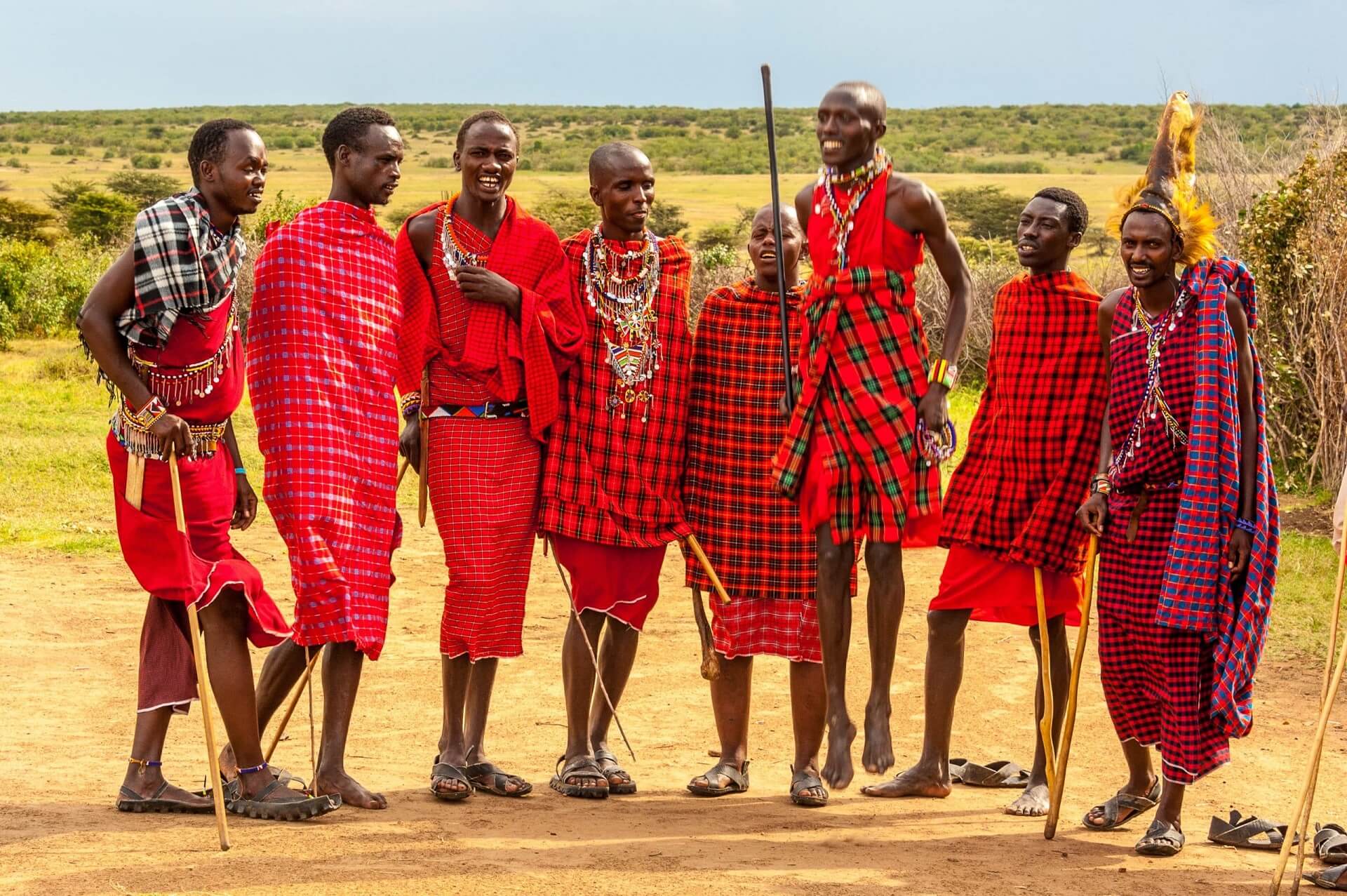
Maasai Tribe
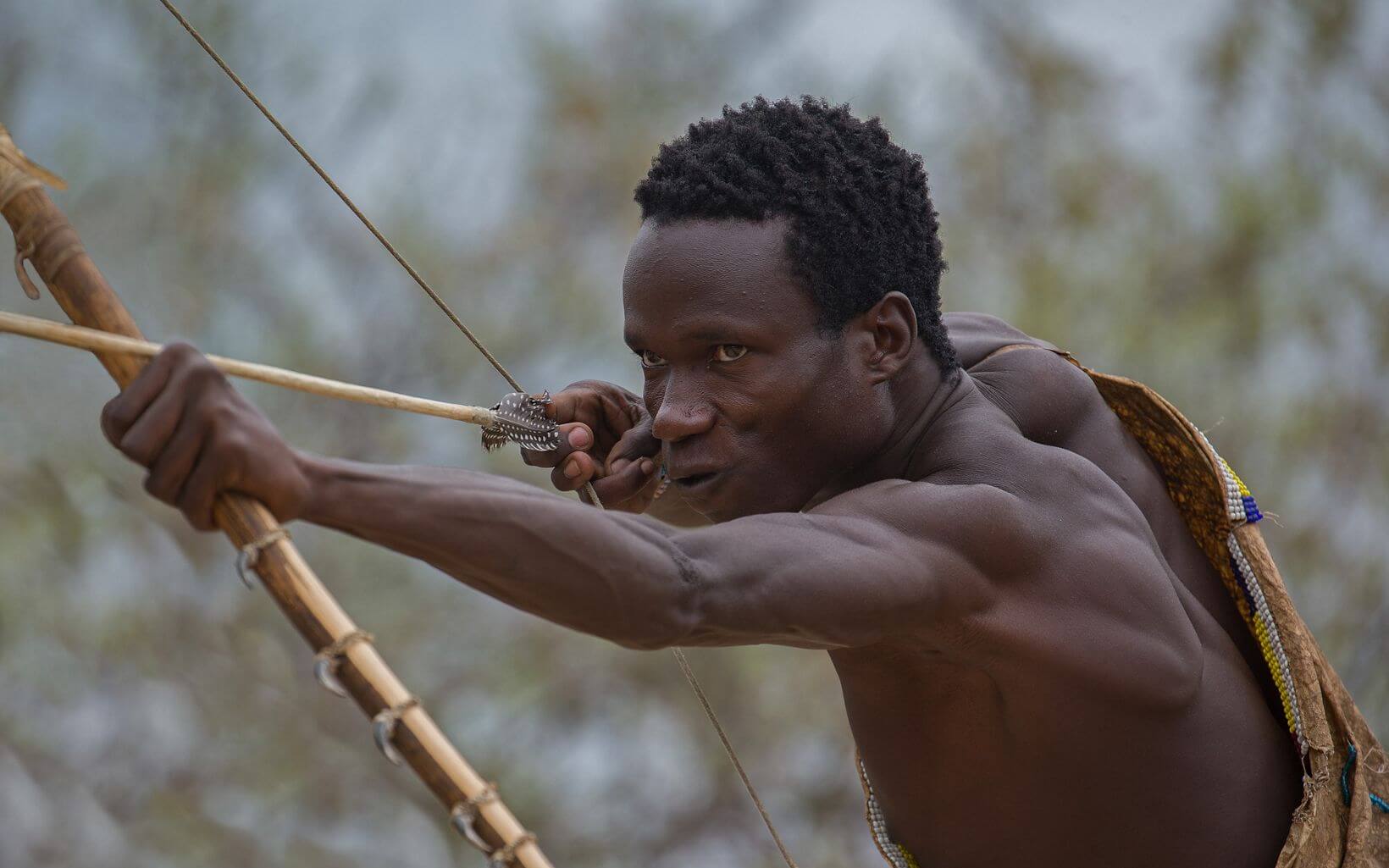
Hadzabe Tribe
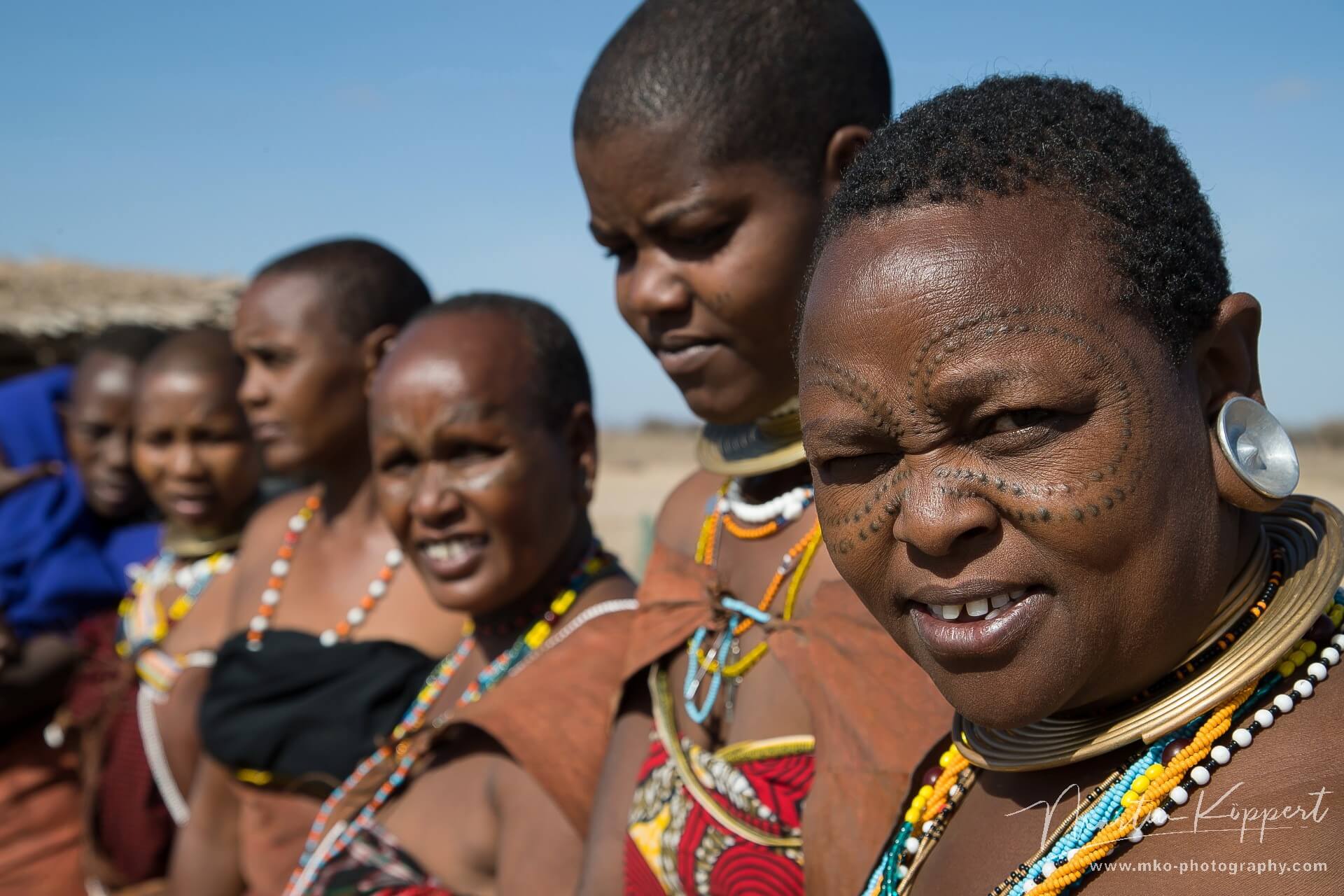
Datoga Tribe
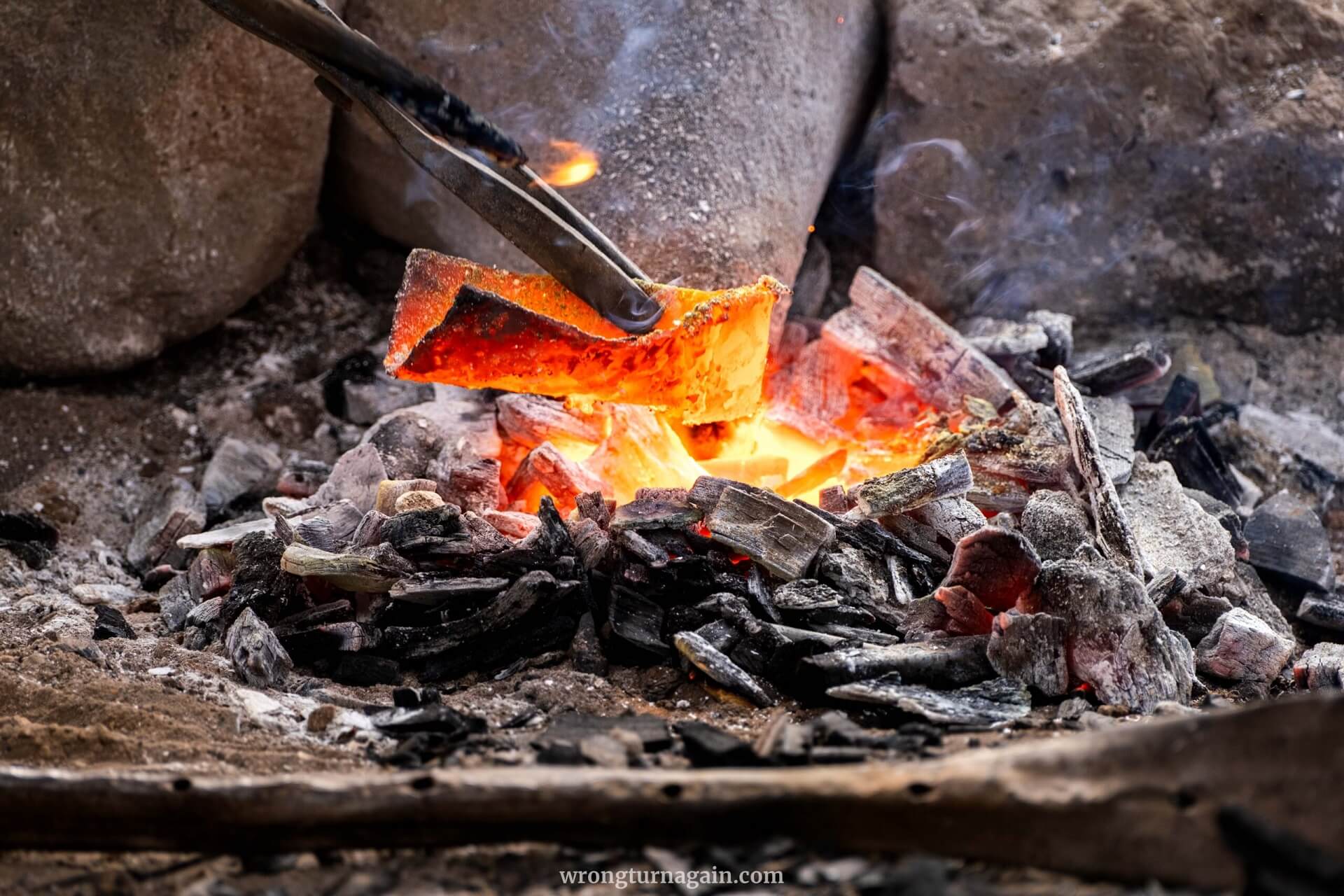
Blacksmith
- Activities
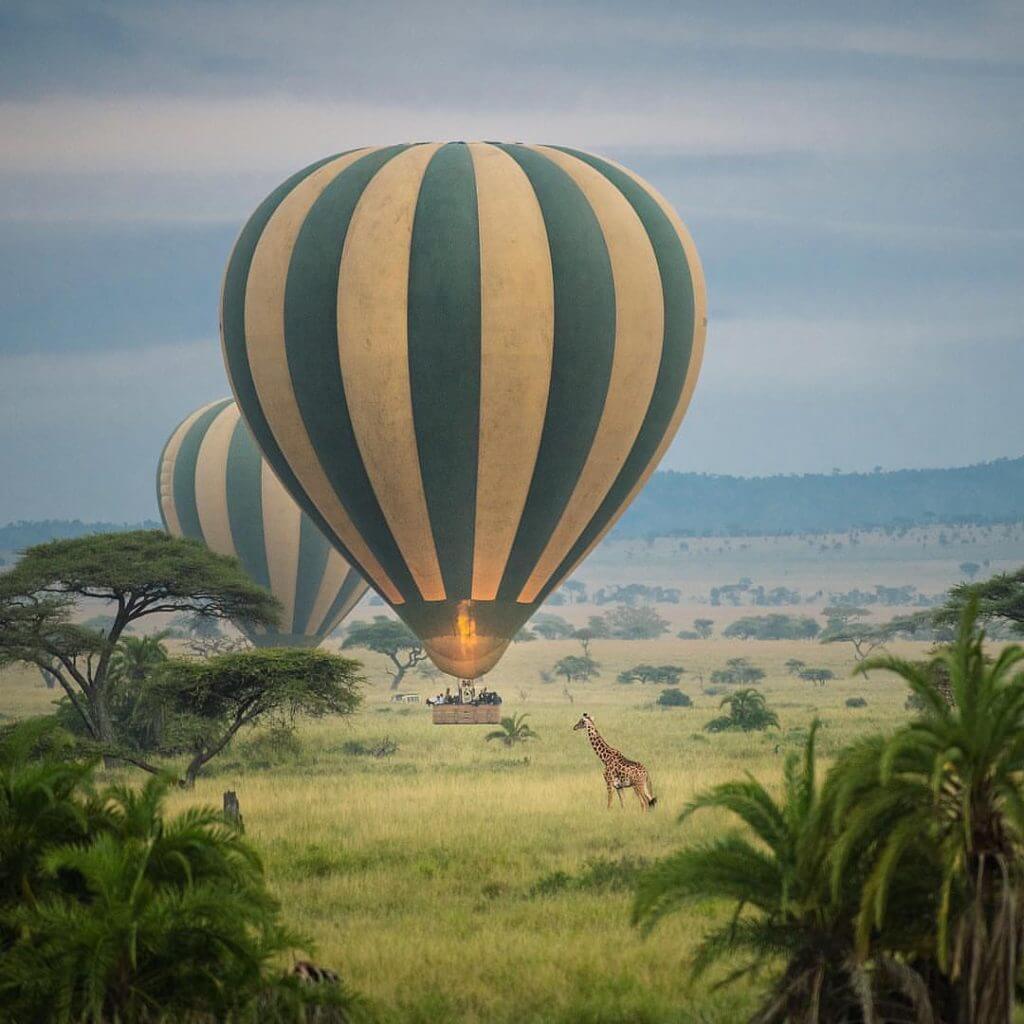
Balloon Safari

Walking Safari
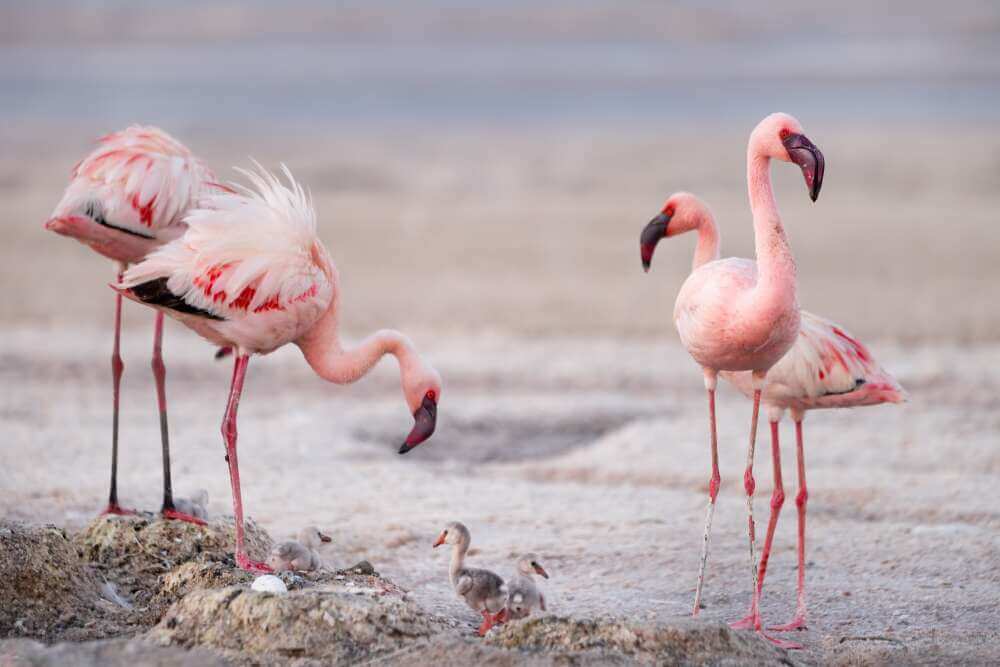
Bird Watching

Wildebeest Migration
- Filming
- Philanthropy
- Home
- Destinations

Serengeti National Park

Ngorongoro Crater

Tarangire National Park

Lake Manyara National Park

Arusha National Park

Zanzibar Island
- Safaris

3 Days Serengeti and Lake Manyara

5 Days Wildlife Tanzania Safari

6 Days Tanzania
Safaris
12 Days Tanzania Safaris & Migration
- Trekking

Mountain Kilimanjaro

Mount Meru

Oldonyo Lengai

Udzungwa Mountain
- Cultural Tours

Maasai Tribe

Hadzabe Tribe

Datoga Tribe

Blacksmith
- Activities

Balloon Safari

Walking Safari

Bird Watching

Wildebeest Migration
- Filming
- Philanthropy
Lake Manyara National Park
Introduction
About Lake Manyara National Park
Situated 125 km west of Arusha town, Lake Manyara National Park is a gem nestled against the dramatic wall of the Great Rift Valley. As one of East Africa’s oldest and most popular wildlife sanctuaries, this park offers a rich tapestry of habitats and a stunning variety of wildlife within its relatively small area.
The park spans 330 square kilometers, with 77% of its area occupied by the shallow soda lake from which it derives its name. The diverse habitats within the park include the groundwater forest, open grasslands, acacia woodlands, and the towering rift wall. This variety of environments supports an extraordinary range of wildlife, making the park a microcosm of East Africa’s natural beauty.
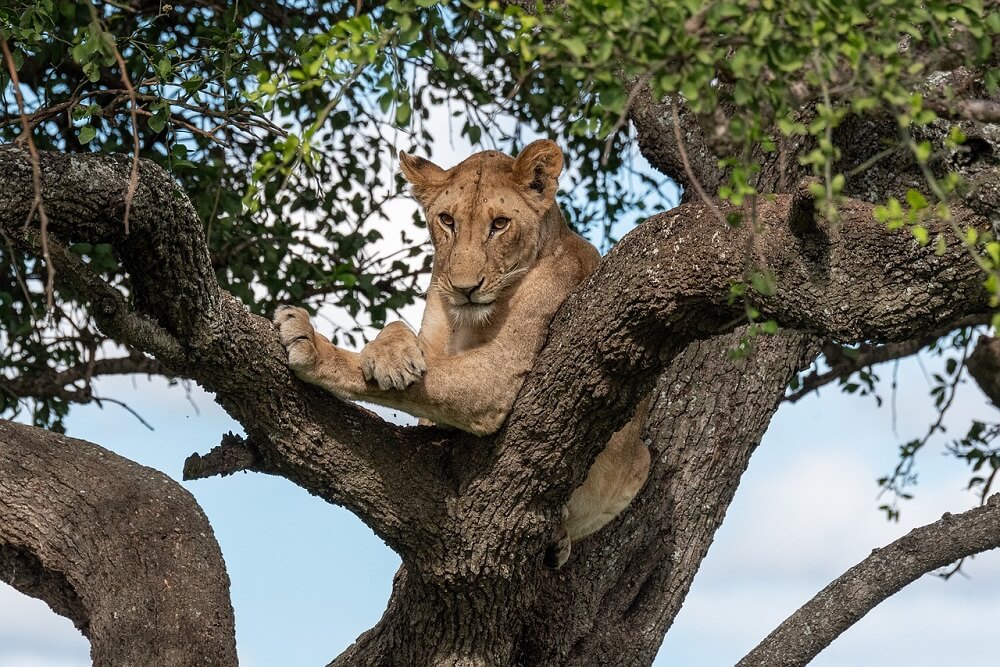
Wildlife and Birdlife
Lake Manyara National Park is renowned for its unique and diverse wildlife. The most famous spectacle is the park’s tree-climbing lions, often seen lounging along the branches of acacia trees, a behavior that sets them apart from lions in other regions. Other notable animals include buffalo, elephants, leopards, baboons, impalas, giraffes, zebras, wildebeest, ostriches, and hippos.
For bird enthusiasts, Lake Manyara is often referred to as an ornithologist’s paradise. The park boasts over 400 bird species, making it a prime location for birdwatching. The soda lake is particularly famous for its large flocks of migratory flamingos, which arrive in the hundreds of thousands, creating a breathtaking spectacle as they blanket the lake in pink. Other common water birds include pelicans, spoonbills, Egyptian geese, and hammerkops.
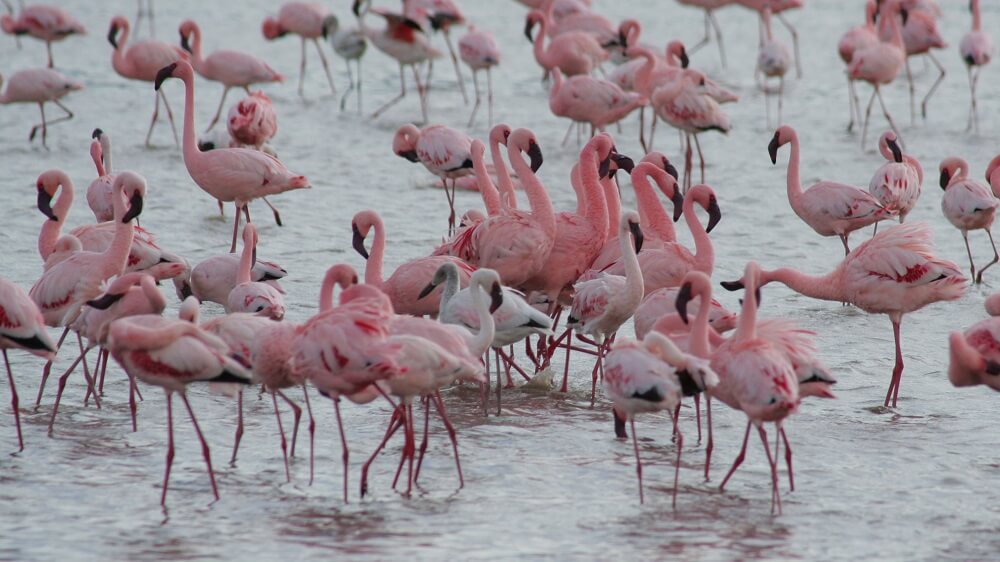
Lake Manyara National Park, with its striking landscape and rich biodiversity, is a must-visit destination for anyone exploring Tanzania. Whether you are fascinated by the park’s famous tree-climbing lions, intrigued by the diverse birdlife, or simply wish to experience the serenity of its natural beauty, Lake Manyara offers a truly unforgettable experience in the heart of the Great Rift Valley.
Get to know
African Remotes Explorer is a specialist tour operator based on Arusha – Tanzania in a rural remote area. company is entirely owned and operated by local indigenous Tanzanian.




